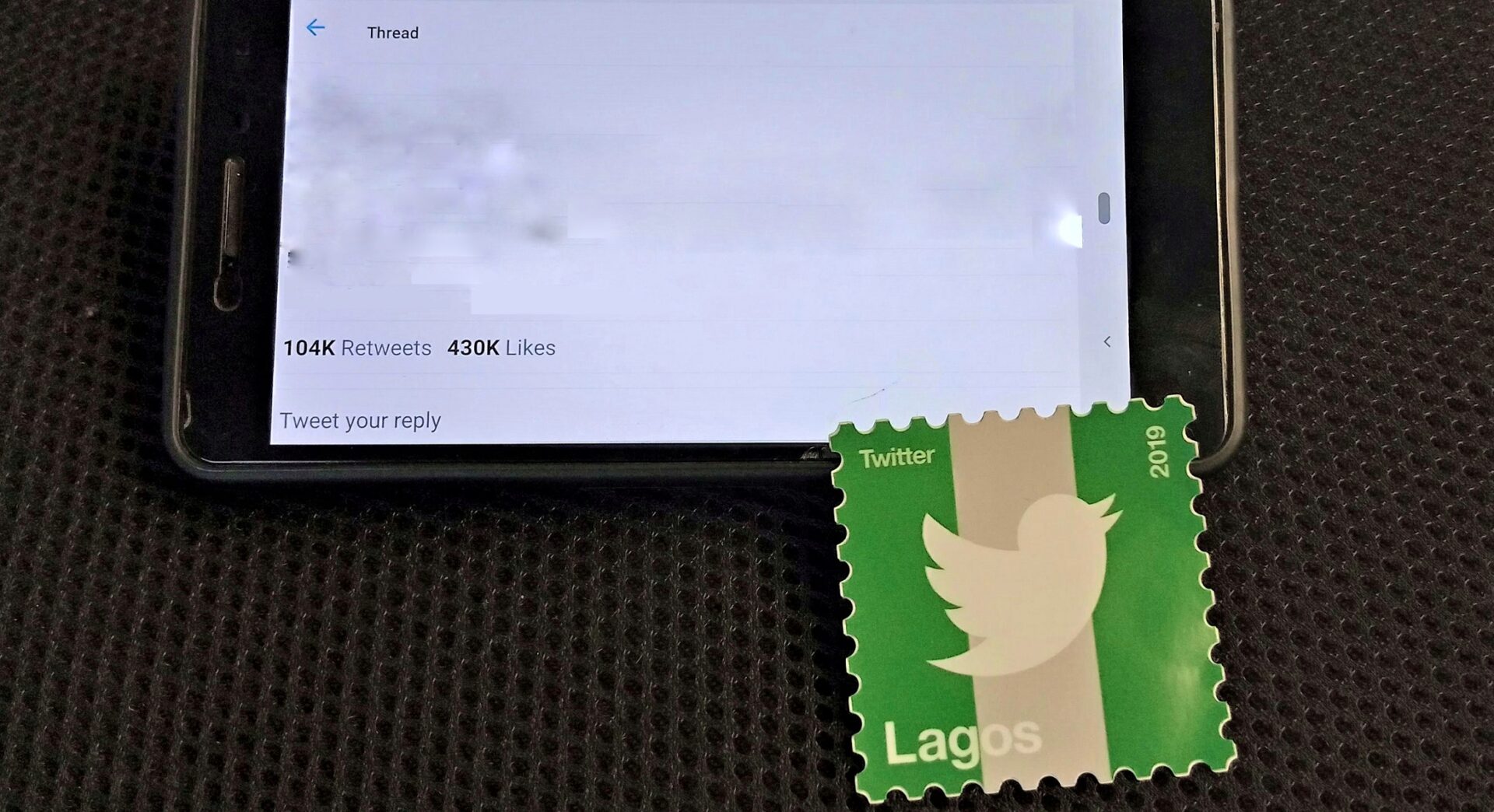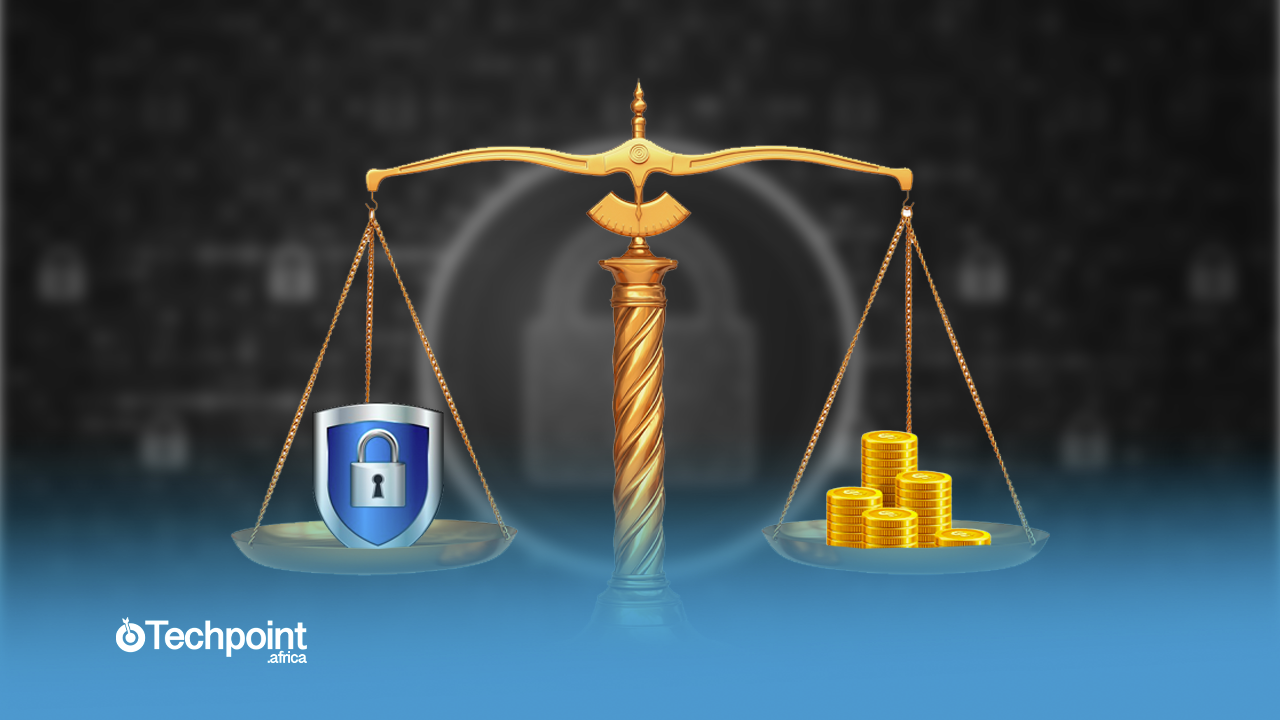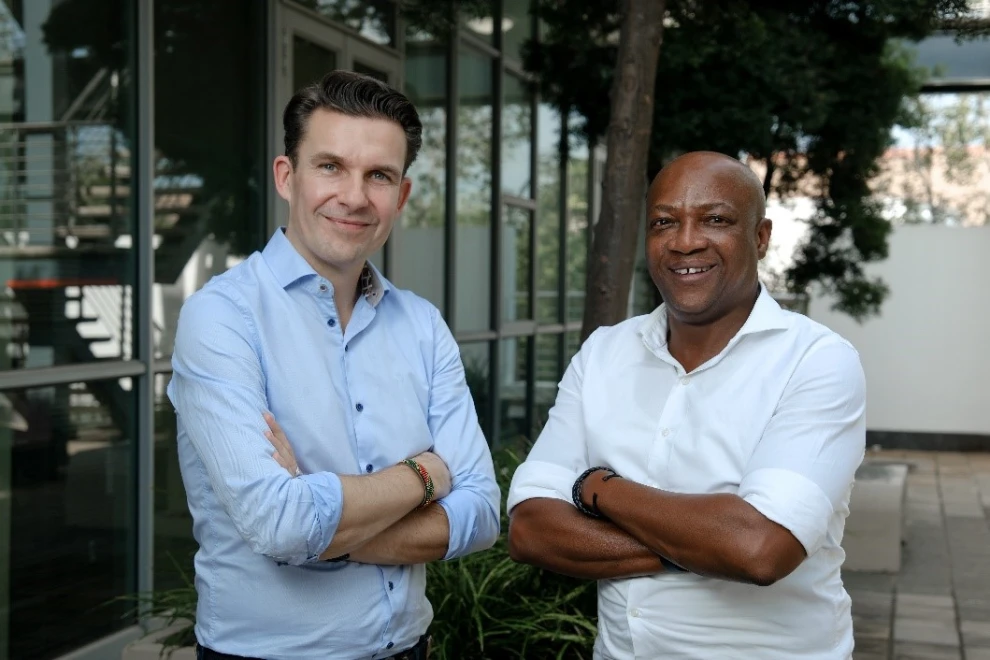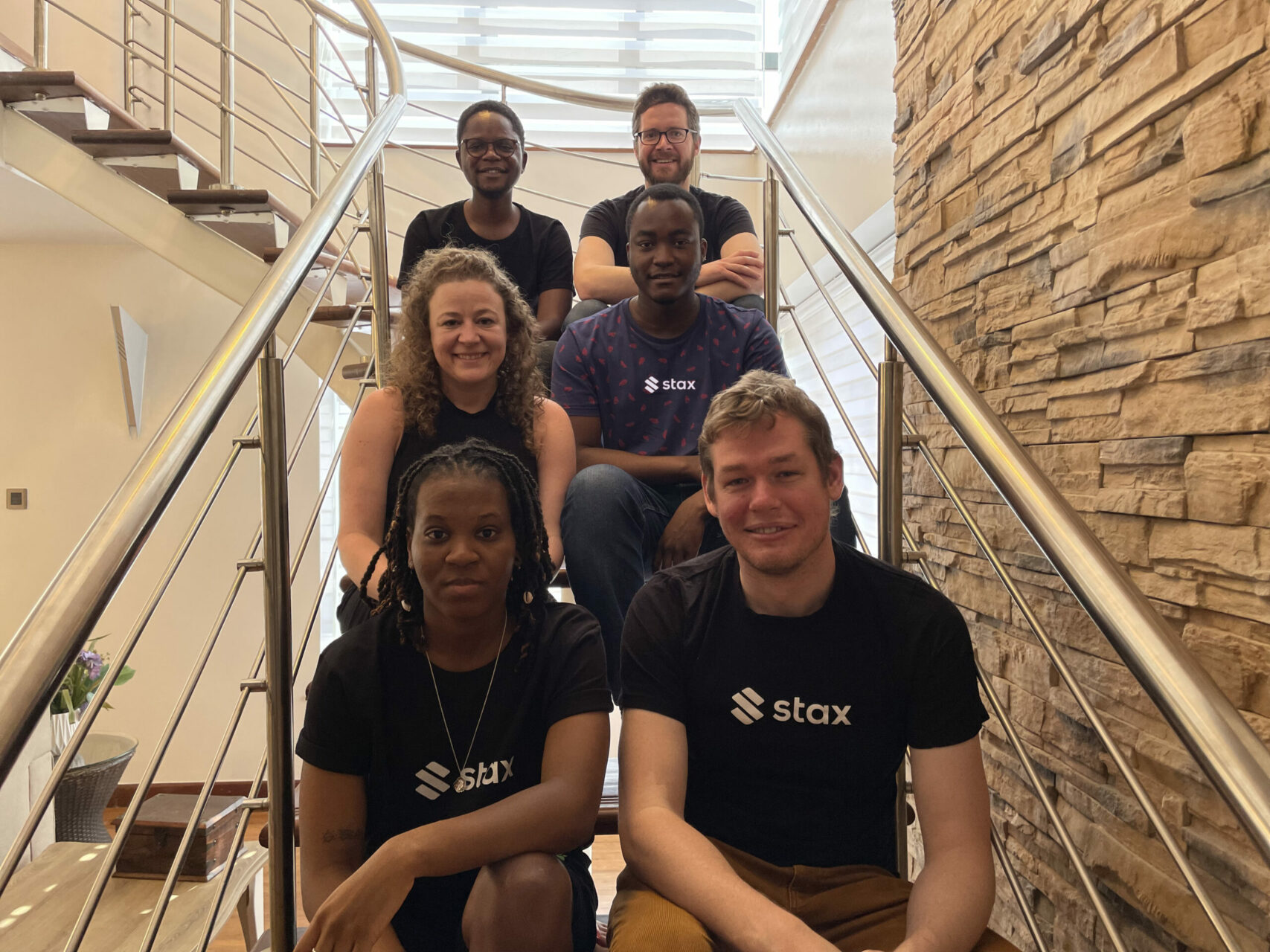UPDATE: On Wednesday, January 12, 2022, the Nigerian government lifted the ban on Twitter after the company agreed to its conditions.
Again, Nigerians have been promised the lifting of the four-month-long Twitter ban. After the last promise in August of ‘a few days’ given by the Information Minister, Lai Mohammed, President Muhammadu Buhari, in his Independence Day speech, today mentioned that the ban would be lifted conditionally based on the fulfilment of some obligations by the social media giant.
Recall that in early June 2021, the Nigerian government indefinitely suspended Twitter after the platform removed a Tweet by the president for violating its rules. An infringement on citizens' right to free speech, this move has drawn reactions from human rights advocacy groups across the country.
Socio-Economic Rights and Accountability Project (SERAP), for instance, filed an appeal at the ECOWAS court in Abuja asking the court to order the president to lift the ban. However, recent developments show that the case has been adjourned for final judgement on January 20, 2022.
So far, the government claims that the global tech company is only partially cooperating and hasn’t fully met its demands. To that end, it is awaiting a response on three final requests made to the social media platform, which are registration, physical presence in Nigeria, and fair taxation.
In all these, Twitter hasn’t given any official comment on the negotiations. In the meantime, the economic impact of the ban on the country keeps piling. As of August 2021, the country had lost over $360 million to the ban.
It goes without saying that citizens have found ways to circumvent the situation using Virtual Private Networks (VPNs), an act the Attorney-General of the Federation and Minister of Justice, Abubakar Malami, considers a crime and has threatened to prosecute defaulters.
Not ignoring the contention that came with this move, it is essential to explore how possible it may be for Twitter to meet these requirements.
Are these demands hard to meet?
On the surface, these demands are pretty simple. After all, it appears to be what the social media company would have agreed to before establishing an office in any country. Case in point, its entrance into Africa in April 2021 and the surprising choice of Ghana.

Be the smartest in the room
Give it a try, you can unsubscribe anytime. Privacy Policy.
Based on Twitter's comment, the decision was based on shared values — Ghana supports free speech, online freedom, and the open Internet.
True to this, the country is one of the African countries without any case of Internet censorship or government-influenced social media censorship. Besides, Ghana currently ranks 30th on the World Press Freedom Index compared to Nigeria’s 120th and Ethiopia’s 101st.
On closer inspection, these aren’t traits that the Nigerian government has exhibited in the past. There have been reported cases of the government slamming fines on media houses for using user-generated content (UGC) obtained from citizens' social media accounts in their reportage and tagging verified news reports from online media platforms as ‘fake news.'
Also, there is the issue of trust. And this can’t be forced; it has to be earned. This Forbes article helps express the thoughts about opening an office overseas better. One of them is clearly understanding the law of the land.
If anything, it appears Twitter’s delay in reaching a compromise with the Nigerian government might be more in consideration of the government’s motive and possible implications on the citizens and other global tech companies.
With a physical office, any move the government isn’t comfortable with may cause closure or worse.
In January 2019, the Nigerian military raided the Daily Trust office and detained some staff on the allegation that it published an article that divulged classified military information related to planned attacks against Boko Haram and thus undermined national security.
Still, Gbenga Sesan, Executive Director of Paradigm Initiative, told Techpoint Africa that the decision is up to Twitter to make. However, he believes such a move isn’t warranted.
Should you worry?
“This is one of the government’s ways of doubling down. The truth is, this is not just about Twitter; it is clearly an agenda to retain and expand control,” Sesan commented when asked about what the motive behind the ban is.
He also opined that the move to categorise Over-the-Top (OTT) services as broadcasters and make them liable under the National Broadcasting Corporation (NBC) Act is uncalled for. This means that WhatsApp, Facebook, Netflix would have to apply to the Corporation to request a licence to operate in the country.
But what is surprising, according to Sesan, is that the government didn’t reveal the details of the licence. In his defence, these platforms are only intermediaries.
Apparently, this is not the first time this move has been made in Nigeria. The first two times — 2017 and 2019 — it was the Nigerian Communication Commission (NCC)'s call. Major players kicked against it, although telecommunication operators supported the government in this instance.
As clearly stated in a previous article, taking these licences will set the modalities for the provision of these services in Nigeria and would allow NCC to exercise some control over OTT services which is not currently in place.
If it’s any consolation...
All over the world, the OTT services marketplace is still nascent. But that does not change the fact that there is a need for some regulation. While some nations already have regulatory oversight in place — the United Kingdom, Turkey, Australia, Singapore, Indonesia, India, Saudi Arabia, and Kenya — others are seriously considering putting relevant laws in place. And interestingly, these platforms are often categorised as broadcasters.
Protests against these types of regulatory regimes often happen when the government does not have clearly defined rules to guide them in enforcing the laws or when the government has displayed strongarm tactics in similar circumstances in the past.
It is important to note that there are either two motives for regulations, to increase government control and to enforce strict censorship or to create a level playing ground for both online and offline players. Sadly, this is common in African and Asian countries.
For instance, when Netflix launched in Kenya in 2018, it was banned for two weeks by the government, after which the on-demand video streaming platform was told to get a filming license. At the moment, the country already has a digital tax in place.
Currently, not only are global companies obliged to abide by laws and taxed by the countries they are registered in, but they might also be subject to foreign laws whether they are present physically or not.
In Sesan’s opinion, although the Nigerian judiciary is not entirely independent, he trusts activist judges to do their work to give sound judgement on the current state of trampling on citizens' right to information.





















